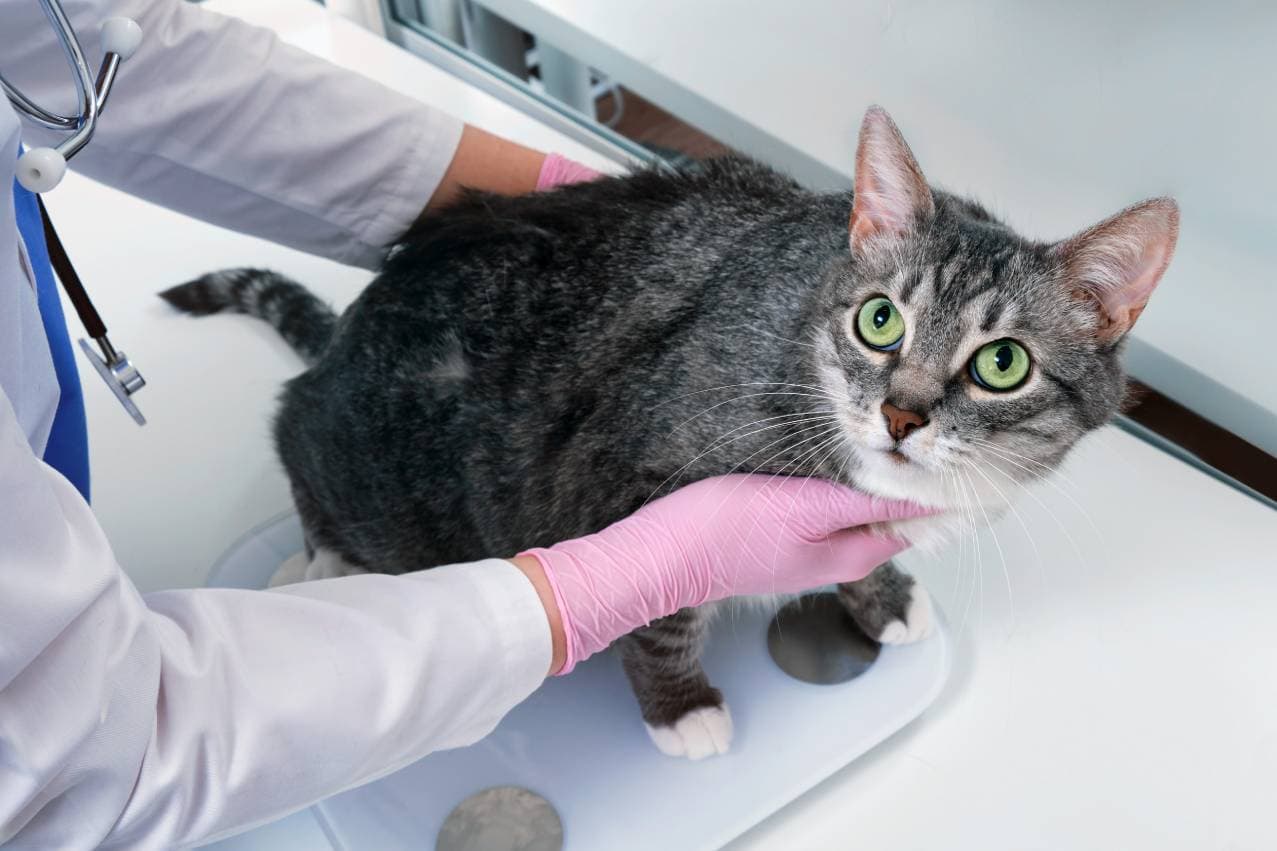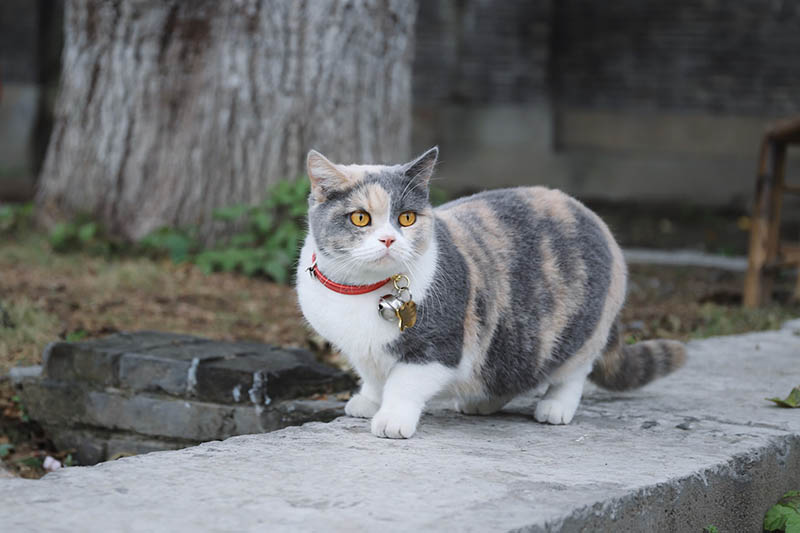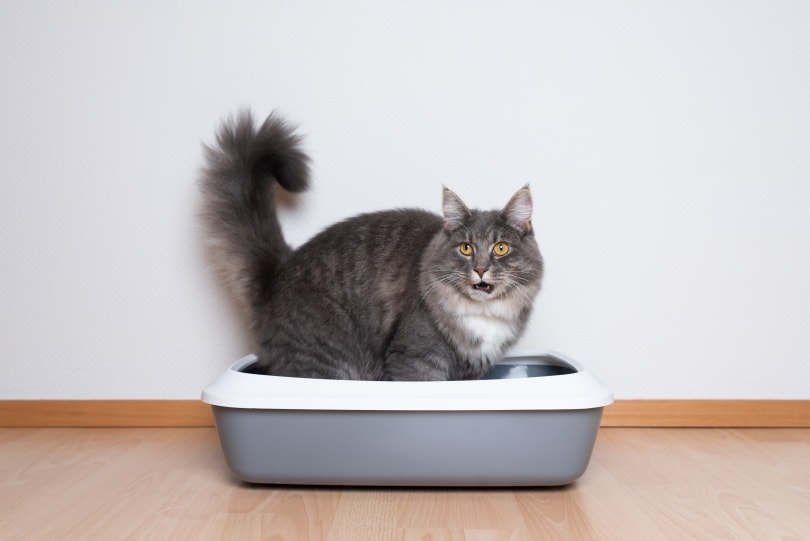Can Cats Eat Walnuts? Vet-Reviewed Health & Safety Guide
Updated on

Walnuts are a popular snack that is well known for the health benefits they offer humans. Most pet owners are familiar with the danger that some nuts can pose to our canine companions, but do they pose the same threat to our cats?
The answer is that cats should not eat walnuts as they are not good for cats. But why is that? Let’s take a deeper look into this answer though and find out what kind of healthy snack can be provided to your cat.
All About Walnuts
Walnuts are delicious and nutritious nuts that come from the walnut tree. There are about 20 species of deciduous walnut trees within the family Juglandaceae. These trees are native to North and South America, southern Europe, Asia, and the West Indies.
Walnuts may look like brains when you crack them out of their shell, but that doesn’t take away from the wide variety of health benefits and culinary options they provide. You can mix them in your salads, cereal, oatmeal, yogurt, or brownies or simply snack on them as is.
The human health benefits of walnuts are extensive.

Health Benefits of Walnuts for Humans
- Antioxidant-rich
- Full of Omega-3s
- Can decrease inflammation
- May reduce risk of some cancers
- Promotes gut health
- Supports healthy weight
- Can lower risk and help manage type 2 diabetes
- Supports brain function
- Supports male reproductive health
- Decreases cholesterol levels
Keep in mind, what is healthy for humans is not necessarily healthy for your cat. In this case, these nuts (or any for that matter) should be kept out of your kitty’s reach.
Cats and Walnuts
We should start by saying that walnut consumption does not cause the same alarm for cats as it does in dogs, but it can cause digestive disturbance. This typically is seen in cats that consume this nut regularly over a longer period of time, not just due to a one-time occurrence.
The high-fat content in nuts is overwhelming on a cat’s digestive system. These tiny, obligate carnivores are just not designed to eat these kinds of foods. In any case, it is always advised to contact your veterinarian when your cat eats something outside the scope of his or her normal diet.
Thankfully, most cats are not particularly drawn to eating nuts but that doesn’t mean there are not certain cats that would have a problem chowing down on walnuts.
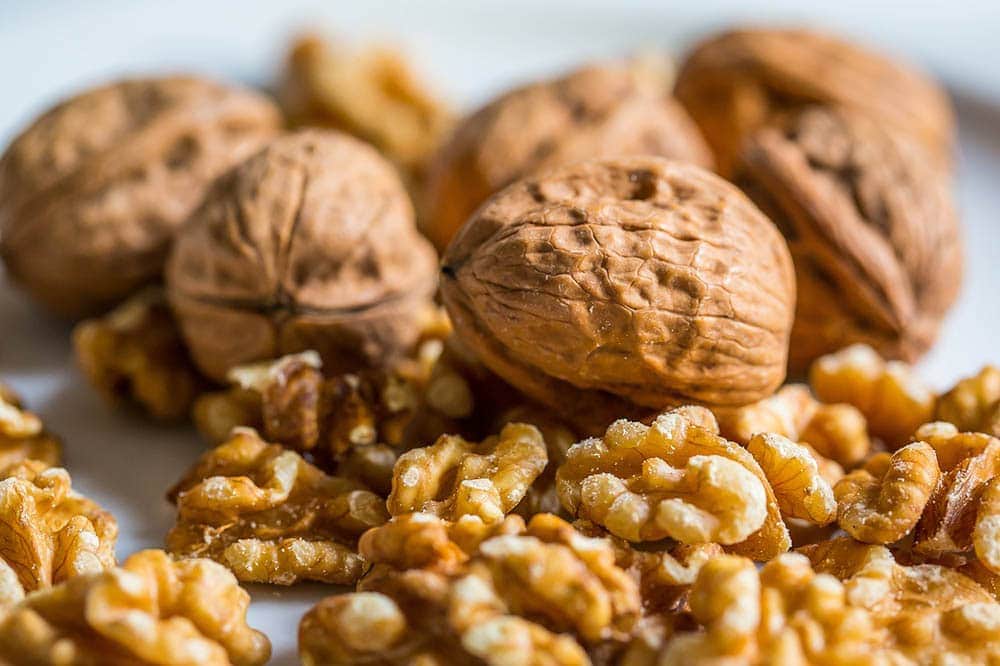
Symptoms to Watch Out For
Spontaneous walnut consumption is not usually a problem in cats, but if your cat does consume a walnut, there are some symptoms to be on the lookout for. Keep in mind that any of the following can also be a symptom of many other illnesses in cats, so calling the veterinarian is necessary so that you can get guidance on how to handle the situation.
- Diarrhea
- Vomiting
- Lethargy
- Weakness
- Lack of appetite
- Dehydration
Salted Walnuts
A lot of nuts come pre-salted and ready to snack on. While it is easy to overlook something as simple as salt, it is very toxic to pets and poses much more of a danger than the walnut itself.
While the salt from a single salted walnut is much different than the toxicity of ingestion of something like seawater, it is always best to be aware of the severity of this toxicity. In fact, even a small teaspoon of salt is potentially dangerous for your cat.
Salt is not just an enemy to cats; it causes poisoning in dogs as well. It is very important to know the signs and symptoms of salt poisoning and reach out to your veterinarian immediately if you suspect salt poisoning in your pets.
- Vomiting
- Diarrhea
- Decreased appetite
- Lethargy
- Incoordination
- Excessive thirst or urination
- Tremors
- Seizures
- Coma
What Healthy Food Options Are Out There?
Cats are meat eaters, to put it simply. They are obligate carnivores that get every bit of their needed nutrients directly from the meat they consume. They require high amounts of protein from meat to maintain a strong and healthy heart, good vision, and a healthy reproductive system.
Cats are not meant to digest any type of plant material, grain, or carbohydrates. Their digestive system and digestive enzymes differ to that of humans or any other omnivore. They are not capable of properly digesting this material, thus leaving them less able to absorb the nutrients that plant-based foods contain. The plants and grains found in pet foods have usually been processed or altered in some-way to make them more digestible.
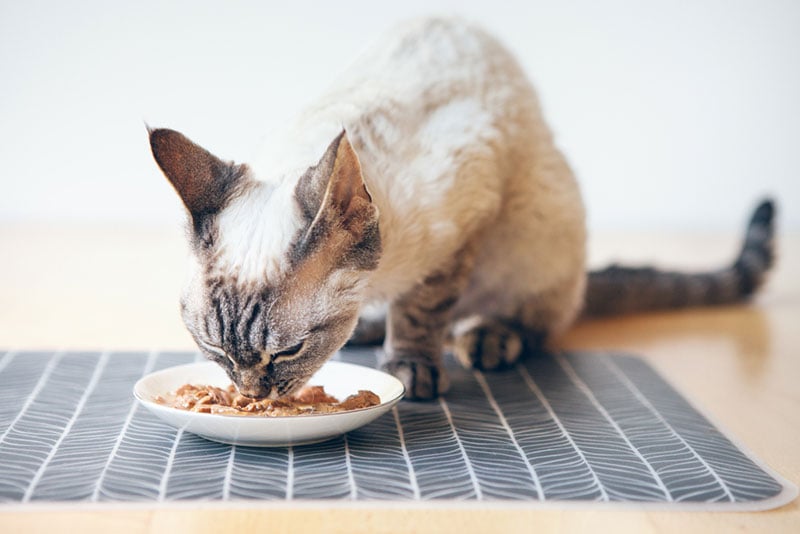
Healthy Snacks for Cats
Cats may not be able to munch on a handful of nuts or eat out of a bag of trail mix for a healthy snack, but that’s okay. There are plenty of healthy, tasty snacks available for cats that you can dig right out of your fridge or pantry.
Keep in mind that it’s not recommended to feed your cats table scraps of leftover human food. Their commercial foods are designed to fulfill all their dietary needs, and you should look for the AAFCO accreditation to ensure the food is complete and balanced. The occasional cat-friendly snack cannot hurt though, you just need to ensure you treat it in moderation.
Here’s a list of some healthy snacks you can offer your furry friend:
- Cooked, unsalted lean meats (small amounts)
- Dried liver
- Pieces of kibble
- Bits of wet food
- High-quality commercial treats
Final Thoughts
Cats should not eat walnuts, and neither should dogs. While these nuts are very beneficial to human health and have many proven health benefits that are backed by studies, the same does not go for your four-legged family members.
While walnut consumption is not typically a concern in cats, it can cause some very severe digestive issues and you should contact your veterinarian for assistance if you fear your cat has eaten something you are unsure of.
Featured Image Credit: 1643606, Pixabay



